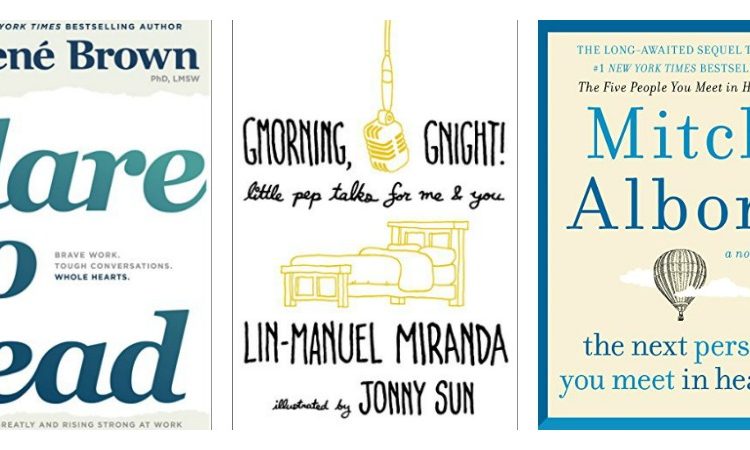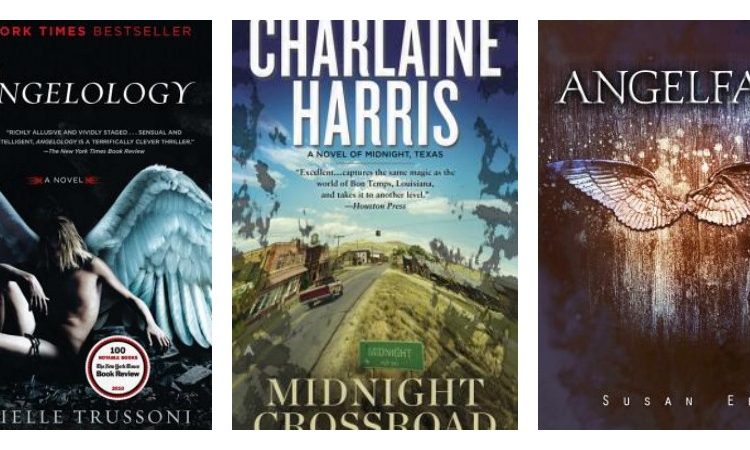“Question: Octavia?”
“Answer: You mean that tall girl who’s always writing?”
“Question: Who is Octavia Butler? Where is she headed? Where has she been?”
“Please use my middle initial.”
“Who is Octavia E. Butler?”
“Who am I? I’m a 41-year old writer who can remember.
“I’m a 43-year old writer who can remember being.
“I’m a 46-year old writer who can remember being a 10-year old.
“I’m a 48-year old writer who can remember being a 10-year old writer.
“I’m a 50-year old writer who can remember being a 10-year old writer and who expects.
“I’m a 52-year old writer who can remember being a 10-year old writer and who expects someday to be a 80-year old writer. I’m comfortably asocial—a hermit living in a large city—a pessimist if I’m not careful; a student, endlessly curious; a feminist; an African American; a former Baptist; and an oil and water combination of ambition, laziness, insecurity, certainty, and drive.”
—“A Brief Conversation with Octavia E. Butler,” by Octavia E. Butler and The Huntington Library for the Library’s “Octavia E. Butler: Telling My Stories” exhibition, 2017

(x)
In 2008, I began graduate school, pursuing a master’s in Women’s and Gender Studies, and I found myself in a class titled “Gender and Science Fiction.” That course was a revelation. Aside from the fact that I met one of the siblings of my soul in that class—which was itself a life-changing thing—I had an entirely new world opened up to me. I’d long since considered myself a science fiction nerd, something I’d only really been able to express online because of the toxic masculinity-infused gatekeeping around science fiction in the meatspace communities in which I’d found myself over the span of my young life. If only my younger self had been able to tell those dudes. Because of that gatekeeping, I’d felt confined to the science fiction I could access through network television programming and blockbuster movies. And while those are often rich texts for those who want to plumb those depths, there’s just so much more to the genre. So, as I said, this course was a revelation. I was exposed to Anne McCaffrey, Pat Murphy (who I, probably, thoroughly, embarrassed myself in front of when I met her brieflyat WisCon33), Ursula K. LeGuin, Marge Piercy, and Octavia E. Butler.

(x)Butler often posted reminders to herself when she created characters and worlds. It was important to her that the worlds she created be credible to her readers.
We read the “Xenogenesis” trilogy—also known as “Lilith’s Brood”—and I could not put it down. It remains one of the most powerful works of fiction, science fiction or otherwise, I have ever read. The investment she put in building a world that you could almost reach out and touch was so apparent to me while reading that series. I’ll be a monkey’s uncle if I can remember where I heard it but I once heard that Octavia E. Butler writes our world, but more. That feels incredibly true to me. She grounded her storytelling in the world as it is and then wrote the more into that world so that we could understand how this idea, this change, these people, those hardships that she wanted to explore relates to the world around us. In the process of her unabashedly realistic portrayal of the world, she is able to explore the very best and the very worst of humanity and weave them into a tapestry that, while dark and troubled, is ultimately hopeful portrayal our ability to survive and thrive—even if in ways that might be terrible, or unexpected, or only coming at cost of great sacrifice.

(x) A detail from notes Butler made for the Oankali, characters from the Xenogenesis trilogy.
Having only been introduced to her work and so excited to read more, I was devastated when I learned that she had died two years prior. I’d only read one of the worlds she wrote into existence and I felt such a deep loss because her voice was gone. I still feel that ache when I finish one of her stories, so it was such an exciting moment when I found out some of her never-before-seen stories were posthumously released. One of those stories, Childfinder, was read by LeVar Burton *melts a lil* on his podcast LeVar Burton Reads:
Y’all. It’s so good! Talk about “our world but more.” It is so real and honest about our world, about human behavior, about the arbitrary hierarchies that rule our lives and cause real harm. And yet. There is this thing that is not of our world—it’s not explained, it’s just there. It’s just the a fact of the world she is calling forth—that brings all of those real things about our world into sharp relief: the way we dismiss the value and potential of poor children and children of color by structing our education system to be funded by property taxes and by allowing our internalized prejudices to label those kids “unteachable.” The way white, cis- and heterosexual, socioeconomically stable people balk and react violently to the creation of alternative avenues for solidarity, education, safety by the very people they’ve alienated and oppressed—reactions we’re seeing play out in headlines right now.

(x)
It’s Butler’s insight into the worst and the best of humanity, the mundaneness and the extraordinary quality of the day to day that makes her work so compelling. While largely characterized as a science fiction writer, her writing really defies such clear delineation of genre. She herself strove to break free from science fiction categorization because she found the stigma around the genre stifling. It kept her from reaching the audiences with whom she most wanted to interact. Yes, there are sometimes aliens or telepathy or time travel or any other element associated with science fiction in her stories but they are, at their heart, explorations of humanity from a lens we hadn’t seen in science fiction before. She decentered the center: there was no flawed but plucky white dude at the center of her stories. Rather, she wrote herself into her worlds, creating stories with black women at their center—her resituating the lens to view things from the view point of black women allowed her to tell her stories and to guide us through our exploration of the world from a long-neglected, very real perspective.

(x)
As long as we live in the world as it is—tumultuous, on the brink of destruction, and ever-stratified by race, class, gender, nationality, sexuality, and so on—her work will always be relevant. Her legacy waits for everyone willing to pick up a book or an e-reader or to play an audio book, and it’s not just quality writing. It’s also a way to think about our world, to understand ourselves and each other. Her legacy, as I see it, is compassion and hope: compassion for ourselves and one another so that we may better develop solidarity and a tenuous, aching hope that we can take that compassion and solidarity and put it toward our survival. The hope that we might, someday, truly thrive.

(x)
Thank you, Octavia Butler, for changing me.





Leave a Reply